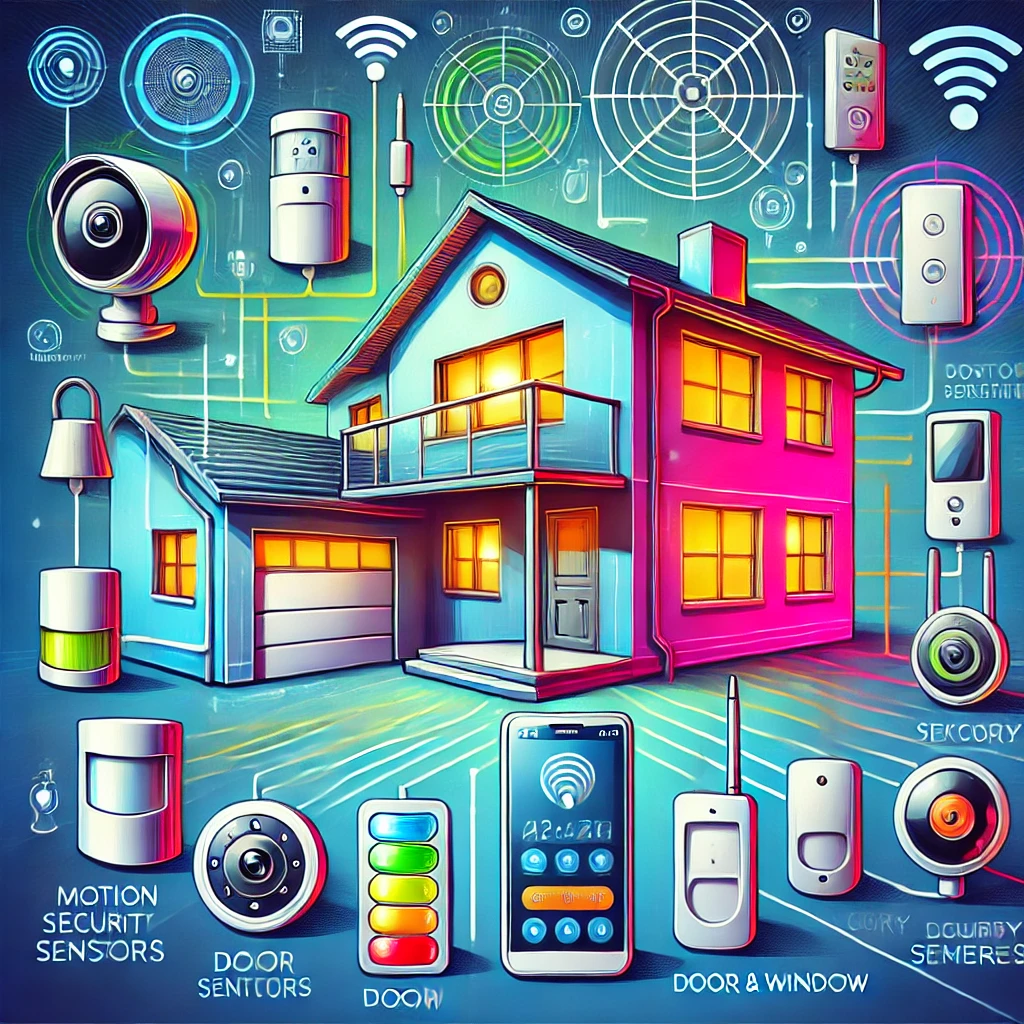As someone who has spent years exploring smart home technology, I have tested and reviewed numerous home alarm systems. Security has always been a priority in my household, and my hands-on experience with various alarm solutions has given me valuable insights into what works and what doesn’t. In this comprehensive guide, I will share everything you need to know about home alarm systems, from basic components to advanced smart integrations. Whether you are looking for a simple DIY setup or a professional-grade system, this guide will help you make an informed decision.
Understanding Home Alarm Systems
A home alarm system is designed to detect unauthorized entry, alert homeowners, and, in some cases, notify emergency services. Modern systems combine Home motion sensors, cameras, and smart technology to provide real-time monitoring and enhanced security.
Key Components of a Home Alarm System
- Control Panel: The central hub that connects all devices and triggers alarms.
- Sensors: Includes door/window sensors, motion detectors, and glass-break sensors.
- Alarms: Loud sirens that alert homeowners and deter intruders.
- Security Cameras: Often integrated with alarm systems for real-time surveillance.
- Communication Module: Connects to a monitoring service or mobile app for alerts.
Types of Home Alarm Systems
Monitored vs. Unmonitored Systems
- Monitored: Connected to a security company that responds to alerts.
- Unmonitored: Sends alerts directly to homeowners via a smartphone app.
Wired vs. Wireless Systems
- Wired: More reliable but requires professional installation.
- Wireless: Easier to install and compatible with smart home devices.
DIY vs. Professionally Installed Systems
- DIY Systems: Affordable and customizable, ideal for tech-savvy homeowners.
- Professional Installation: Ensures proper setup and includes expert support.
How Home Alarm Systems Work
When a sensor detects a breach, it sends a signal to the control panel, which triggers an alarm. If connected to a monitoring service, the company is notified and can dispatch emergency responders if necessary. Some systems also integrate with smart home technology, allowing homeowners to monitor security via smartphone apps.
Features to Look for in a Home Alarm System
Essential Features
- Motion Detection: Detects movement within a designated area.
- Door/Window Sensors: Alerts when a door or window is opened.
- Remote Monitoring: Allows homeowners to view security footage and receive alerts via an app.
- Battery Backup: Ensures functionality during power outages.
Advanced Features
- AI-Powered Detection: Uses artificial intelligence to differentiate between real threats and false alarms.
- Smart Home Integration: Connects with devices like smart locks and lighting.
- Voice Assistant Compatibility: Works with Alexa, Google Assistant, and Siri.
Top Rated Home Alarm Systems
Based on my experience testing various models, here are the top-rated home alarm systems:
1. Ring Alarm Pro
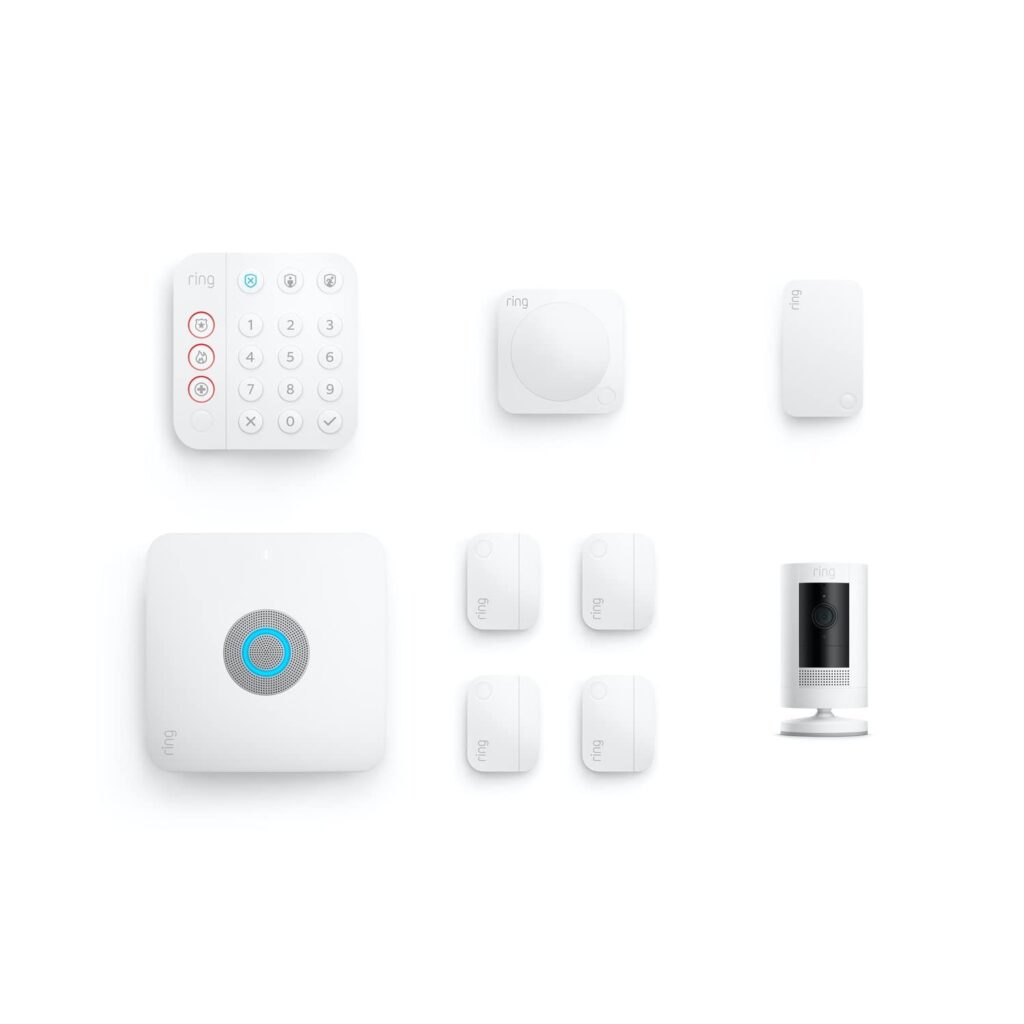
- Pros: Affordable, integrates with Amazon devices, DIY installation.
- Cons: Requires a subscription for full features.
2. SimpliSafe Home Security
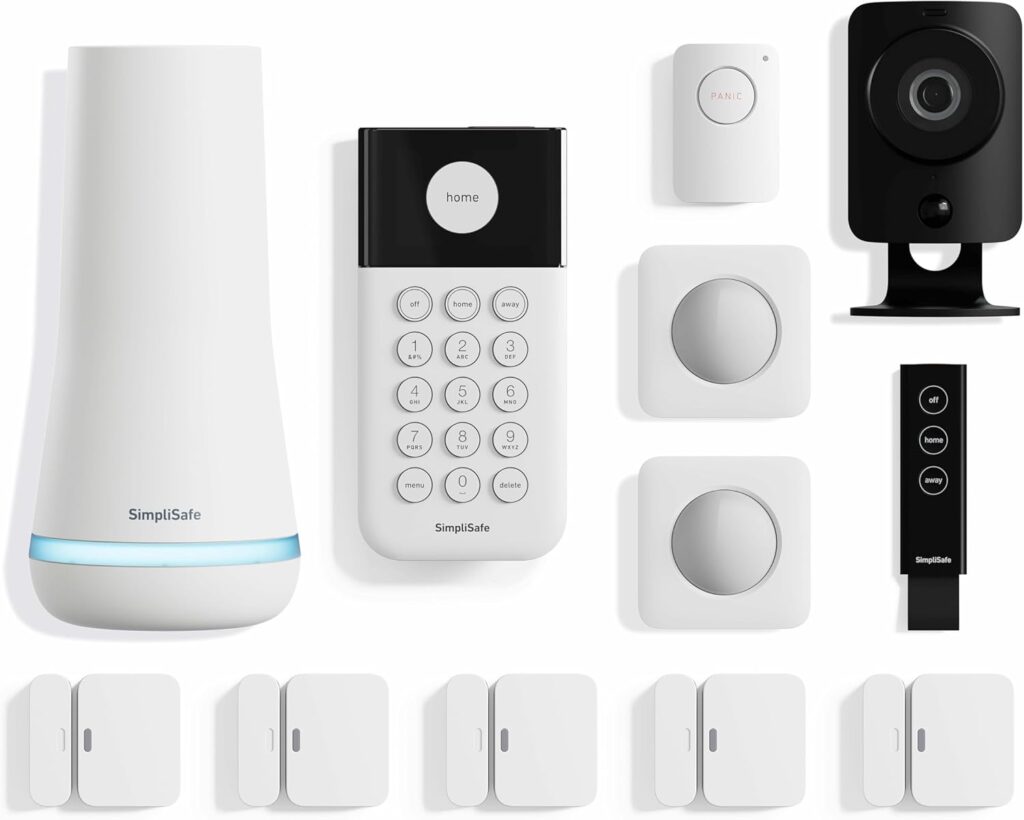
- Pros: No contracts, easy setup, excellent mobile app.
- Cons: Limited smart home integration.
3. ADT Smart Home Security
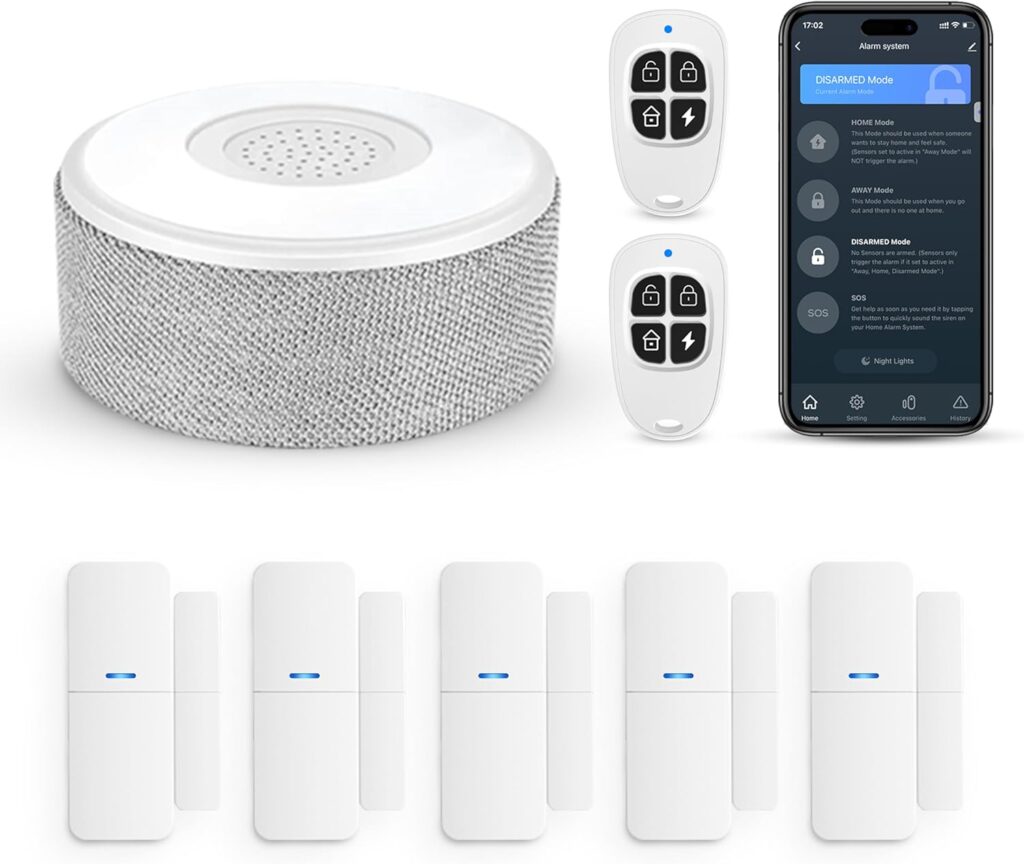
- Pros: Professional monitoring, and robust security features.
- Cons: Higher cost, requires professional installation.
4. Abode iota All-in-One Security Kit
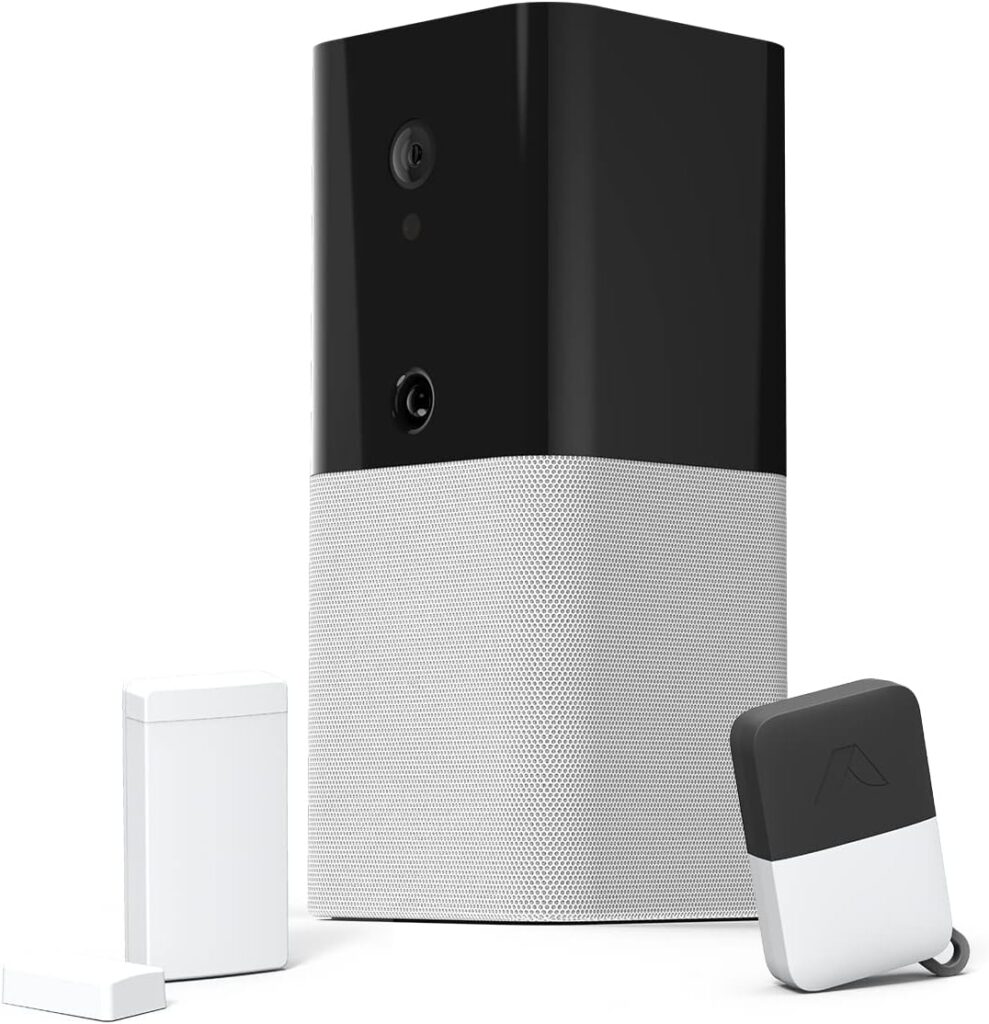
- Pros: Smart home compatible, no mandatory subscription.
- Cons: Expensive compared to other DIY options.
Smart Home Integration with Alarm Systems
Modern home alarm systems can integrate seamlessly with smart home ecosystems. For example:
- Smart Locks: Automatically lock/unlock when the alarm is armed or disarmed.
- Security Cameras: Provide live video feeds accessible from your smartphone.
- Smart Lighting: Can be programmed to turn on when motion is detected.
Home Alarm System Maintenance & Troubleshooting
To keep your system running efficiently:
- Test Your System Monthly: Ensure sensors and alarms are functioning correctly.
- Update Firmware Regularly: Protects against cybersecurity threats.
- Replace Batteries When Needed: Ensures uninterrupted security.
Advanced Security Strategies
With advancements in AI and IoT, home security is becoming more sophisticated:
- Biometric Authentication: Uses facial recognition or fingerprints for access.
- Predictive Analytics: AI can analyze data patterns to predict potential threats.
- Cloud-Based Monitoring: Allows remote access and storage of security footage.
Legal and Privacy Considerations
When installing a home alarm system, be aware of legal implications:
- Home Surveillance Laws: Ensure compliance with local regulations regarding cameras and recording.
- Data Privacy: Choose systems with strong encryption to protect personal data.
- Consent for Monitoring: If using cameras, inform household members and guests.
Conclusion
Investing in a reliable home alarm system is one of the best ways to protect your home and loved ones. With various options available, from DIY smart systems to professionally monitored setups, there’s a solution for every budget and security need. Based on my personal experience testing different models, I highly recommend choosing a system that integrates with your existing smart home devices for a seamless and enhanced security experience.
Stay safe and secure with the right home alarm system tailored to your needs!d decision.

SAMMY MWANGI the editor of Autohomegadgets.com. He is an Electronics Technician enthusiast and a Sales Manager in one of the leading ICT companies in Africa. When he is not working, he loves to travel and explore nature. He is a Robot fanatic too.


